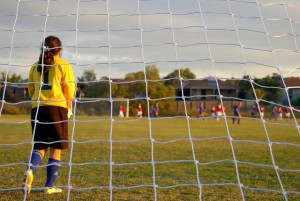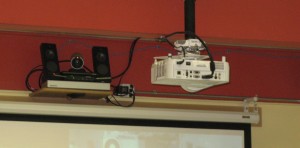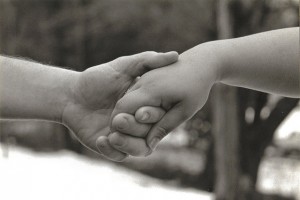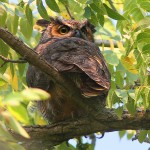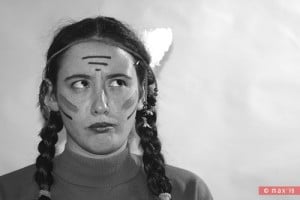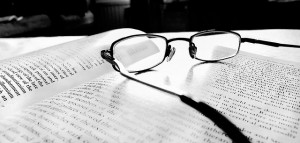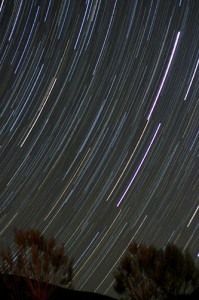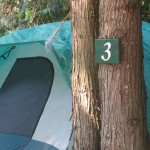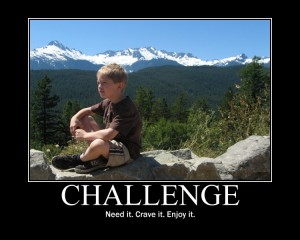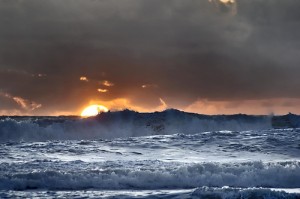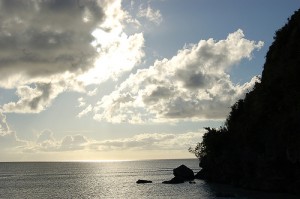This is a list of random, assorted words from my Masters studies that catch my interest enough to jot them down or circle them where I find them. The act of recording them, along with my own and others’ definitions (thank you Wordsmyth), should help me to stay specific and keep my thoughts clear and my writing precise.
Cycle: Defined as ‘a circle of events that repeats in a regular pattern’. Goes with spiral below, one way to refer to the research process as the inquiry goes around full circle and cycles back to where it began. Due to the cycling action, the researcher is farther along in the process and either enlightened or has more questions the longer the cycle repeats or moves along. Regardless, the researcher will have a deeper understanding with each cycle.
Discover: one of the action verbs used to describe the inquiry process or the research that teacher researchers do. One of the words in the School District motto. I think closely linked to curiosity and a trait modeled by my mother to me as a young child. Defined as ‘to learn or gain knowledge of through study or observation.’
Framing: Defined as ‘to conceive or formulate…for a particular purpose’. Makes me think of how Anja’s group drew the frame around the idea they had discussed that second day in class. For the inquiry process, the framing of the question is key in that it needs to be open-ended to allow for continual discovery.
Humility: Defined as ‘the quality or state of being humble; modest about one’s status or accomplishments.’ I think this word is important for two reasons – one, teacher research probably brings a good dose of reality into one’s practice and, for some, (most, I would think), humility would result. Two, the more honorable and respectable way to put yourself out into the world, especially once you start actually doing some exciting, groundbreaking work that could bring notoriety, fame, and cause people to actual take notice.
Messy: describes the process of teacher research, probably because it also describes the process of teaching. Synonyms are untidy, disorganized, chaotic, complicated – right brain process comes to mind. Makes me think about the art room, paint and teaching Kindergarten. 🙂
Quest: My favourite word for the moment to describe the MEd process overall. As I’ve written elsewhere:
I like the idea of the MEd year as a learning quest more than a learning journey. You can go on a journey fairly passively or by force, but a quest is usually self motivated and there is the sense of being driven to accomplish the quest. Quest suggests ambition whereas, to me anyway, journey suggests a leisurely travel experience. Also, the word quest forms the root of the word question so there’s a nice little correlation there as well.
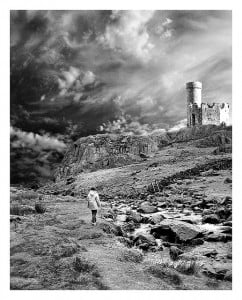
Defined by others as ‘a search, esp. an arduous one for something that is greatly desired’. Synonyms include pursuit, search, chase, endeavor, grope, hunt, inquiry, and probe.
As a verb, it’s defined as ‘to seek; search (often fol. by for or after)’ and synonyms are aspire, pursue, seek, chase, fish, hunt, search, stalk, strive. It’s also defined as’ to search for something (campaign, crusade, explore, hunt, search) or grope, probe’. One last definition is to pursue or search for; seek, explore, investigate, pursue, search.
Rub: What annoys you? What bothers you? What rubs you the wrong way? From the first day of class, and one of the first questions we had to answer. One of the ways to find a good starting point for research is to look for the tensions in your practice, the things that rub you the wrong way. What really cranks you up?
Specific: Exact, precise. It’s important to ensure that the language one uses in the inquiry process, especially in the actual inquiry questions, is exact in meaning. Hence my MEd dictionary and my desire to buy/find a really good dictionary for this next year.
Spiral: Defined as ‘a circling around a fixed point that constantly increases or decreases in distance from it, in either a flat or a three-dimensional plane; coil or helix.’. The fixed point would be the original inquiry question or initial wonderings. Connected by circular motion to ‘cycle’ above.
Struggle: Another word that jumped out at me from the readings. Yes, this year will be a fight. Other definitions I liked include, ‘to go forward by expending great energy’ and ‘to contend strenuously with a difficult problem or situation.’ Both fit nicely…
Wonder: What my mother taught me and one of the ways I think people should view the world. One of the greatest aspects of childhood. Once you lose this childlike quality, then the closing of the mind sets in and you get old (my humble opinion, of course).
I like this word even more now that I’ve looked it up. So many definitions…
As a noun, ‘wonder can be a thing or occurrence that causes admiration or amazement; marvel’, or ‘the feeling that is caused by something amazing, surprising, or awe-inspiring.’ I like the feeling part, I’m all for gut instincts and intuition. Other words with similar meanings include marvel, miracle, phenomenon, prodigy, wonderment, curiosity, nonesuch, phenomenon, rarity, sight, spectacle, surprise, wonderwork, admiration, amazement, awe, fascination, stupefaction, surprise, doubt, skepticism, confusion, and uncertainty.
As a verb, ‘to be curious or skeptical about something’ with synonyms including conjecture, deliberate, ponder, puzzle, reflect, and think. Also defined as ‘to be curious or doubtful about’ with similar words including conjecture, doubt, inquire, ponder, query, question.
Definitions other than my own were accessed on October 10, 2010 from www.wordsmyth.net.
Imagery by scottwills on Flickr.com.


